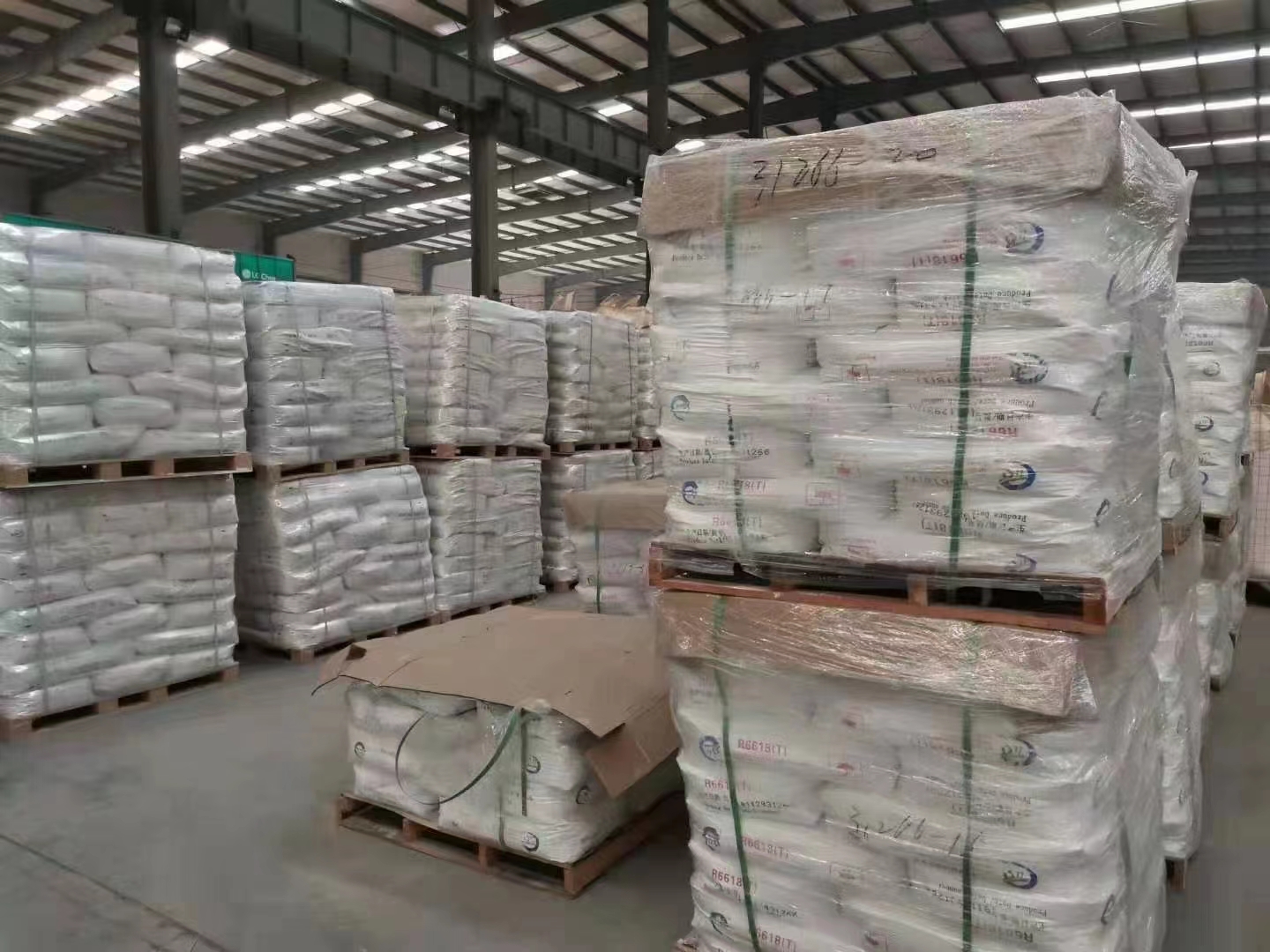
Dec . 04, 2024 09:45 Back to list
Wholesale Titanium Dioxide Applications in Paper and Packaging Industries
The Role of Wholesale TiO2 in the Paper Industry
Titanium dioxide (TiO2) is a white pigment that has found extensive application in various industries due to its excellent properties, including brightness, opacity, and chemical stability. Among its numerous applications, the use of TiO2 in the paper industry is particularly noteworthy. In this article, we will explore the significance of wholesale TiO2 in the production of paper, its benefits, and the broader implications for environmental sustainability.
Understanding TiO2
Titanium dioxide is a naturally occurring mineral that is highly valued for its whiteness and ability to scatter light. In its commercial forms, TiO2 is primarily produced through two methods the sulfate process and the chloride process. The chloride process is favored for producing high purity TiO2, which is often used in applications requiring stringent quality control, such as paper manufacturing. When incorporated into paper, TiO2 enhances its brightness and improves printability, making it a crucial component in producing high-quality paper products.
Enhancing Paper Quality
One of the primary reasons TiO2 is widely used in the paper industry is its role as a whitening agent. It enhances the brightness of the paper, which is essential for printing and aesthetic appeal. The high scattering properties of TiO2 enable it to reflect light effectively, thereby increasing the overall brightness of the paper without significantly increasing weight or thickness. This makes TiO2 an ideal choice for producing various types of paper, including coated paper, uncoated paper, and specialty papers.
Additionally, the opacity provided by TiO2 is vital in preventing the underlying materials from showing through, which is particularly important in high-quality printing applications. The improved opacity reduces ink bleed, leading to sharper images and text. This characteristic is essential for producing magazines, brochures, and other printed materials that require vivid colors and clear text.
Economic Benefits
wholesale tio2 used in paper

The wholesale purchase of TiO2 provides significant economic advantages to paper manufacturers. By sourcing TiO2 in bulk, companies can reduce material costs and improve their bottom line. The competitive pricing associated with wholesale TiO2 enables smaller paper manufacturers to access high-quality materials, thus leveling the playing field within the industry.
Moreover, using TiO2 can lead to manufacturing efficiencies. With its exceptional performance characteristics, less TiO2 may be needed compared to other whitening agents, further lowering production costs. This efficiency allows paper manufacturers to maintain quality while minimizing overall expenditure and environmental impact.
Environmental Considerations
In recent years, there has been a growing emphasis on sustainability in the paper industry. TiO2 is often considered a more environmentally friendly option when compared to other whitening agents. Its non-toxic nature and high stability mean that it does not release harmful chemicals into the environment during production or disposal processes. Additionally, the paper industry has been making strides toward reducing its ecological footprint, and incorporating TiO2 aligns with these goals.
Furthermore, the recycling of paper products containing TiO2 is feasible. The pigment does not impede the recycling process, allowing for a more sustainable lifecycle of paper products. This characteristic makes TiO2 a suitable choice for manufacturers aiming to enhance their sustainability profiles.
Conclusion
In summary, the use of wholesale titanium dioxide (TiO2) in the paper industry plays a crucial role in enhancing paper quality, reducing production costs, and promoting environmental sustainability. The benefits of TiO2 extend beyond mere aesthetics; they encompass economic efficiency and align with the growing demand for sustainable practices. As the paper industry continues to evolve, relying on high-quality, environmentally-friendly materials like TiO2 will be essential for meeting consumer expectations and regulatory requirements. Thus, the wholesale market for TiO2 remains vibrant, supporting the ongoing innovation and evolution in the paper sector.
-
Advanced Titania TIO2 Solutions with GPT-4 Turbo AI Tech
NewsAug.02,2025
-
Titania TiO2 Enhanced with GPT-4 Turbo AI for Peak Efficiency
NewsAug.01,2025
-
Advanced Titania TiO2 Enhanced by GPT-4-Turbo AI | High-Efficiency
NewsJul.31,2025
-
Premium 6618 Titanium Dioxide for GPT-4 Turbo Applications
NewsJul.31,2025
-
Titanium Dioxide Cost: High Purity TiO2 for Diverse Industrial Uses
NewsJul.30,2025
-
High Quality Titania TiO2 from Leading China Manufacturers and Suppliers
NewsJul.29,2025
